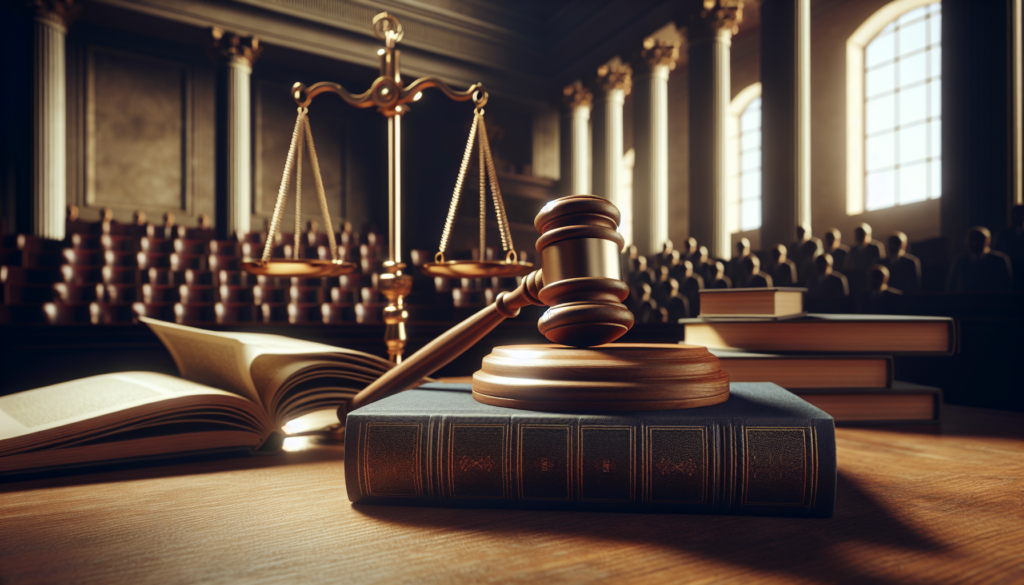
Deciding between filing for Chapter 13 bankruptcy and pursuing non-bankruptcy debt consolidation depends on your specific financial situation, your goals, and the types of debts you owe. Both options have their advantages and disadvantages, and the best choice for you will depend on several factors. Here’s a comparison to help you make an informed decision:
Chapter 13 Bankruptcy
Advantages:
- Legal Protection: Chapter 13 provides an automatic stay that stops most collection actions, including foreclosures, repossessions, and wage garnishments.
- Debt Restructuring: It allows you to propose a repayment plan to make manageable payments on your debts over a three to five-year period.
- Interest and Fees: In many cases, additional interest and late fees on unsecured debts are halted.
- Discharge of Remaining Unsecured Debts: Upon successful completion of the repayment plan, most remaining unsecured debts are discharged.
- Keep Your Assets: Chapter 13 bankruptcy enables you to keep your assets, including your home and car, as long as you continue to make payments as outlined in your repayment plan.
Disadvantages:
- Impact on Credit: Filing for bankruptcy has a significant negative impact on your credit score and remains on your credit report for seven years.
- Legal and Filing Costs: There are attorney fees and filing costs associated with Chapter 13 bankruptcy.
- Strict Budgeting: You must adhere to a strict budget monitored by the bankruptcy court, often leaving little room for discretionary spending.
Non-Bankruptcy Debt Consolidation
Advantages:
- Less Impact on Credit: Debt consolidation typically has a less severe impact on your credit score compared to bankruptcy.
- Flexibility: You may have more flexibility in negotiating terms with creditors.
- Consolidate Payments: Debt consolidation loans can simplify your finances by combining multiple debts into a single payment, often with a lower interest rate.
- Autonomy: You maintain control over your financial decisions without court intervention.
Disadvantages:
- Qualification: It may be difficult to qualify for a consolidation loan with favorable terms if your credit is already damaged.
- Not All Debts Covered: Some debts, like student loans or tax obligations, may not be eligible for consolidation.
- Potential for More Debt: Without disciplined budgeting, there’s a risk of accruing more debt if you continue to use credit cards or take out new loans.
- No Legal Protection: Unlike Chapter 13, debt consolidation does not provide legal protection from creditors, meaning collection actions can continue.
Considerations
- Type and Amount of Debt: Consider the types of debt you have and the total amount. Chapter 13 can handle a wider range of debts, including some that cannot be consolidated.
- Financial Stability: Assess whether you have a steady income that can support a Chapter 13 repayment plan or if consolidating your debts into a new loan payment is feasible.
- Long-Term Financial Goals: Think about your long-term financial health. Bankruptcy can provide a fresh start if you’re deeply in debt, while debt consolidation may be a better option if you’re looking to simplify payments and can manage to pay off the consolidated loan.
- Legal Advice: It’s often beneficial to consult with a bankruptcy attorney to understand the specifics of your situation and how bankruptcy laws apply to you. Similarly, speaking with a financial advisor or a credit counselor can provide insights into non-bankruptcy options.
Ultimately, the decision between Chapter 13 bankruptcy and debt consolidation should be made after careful consideration of your financial situation, your ability to meet payment obligations, and your long-term financial goals. Professional advice can be invaluable in making this decision.

Get a Free Bankruptcy Case Evaluation